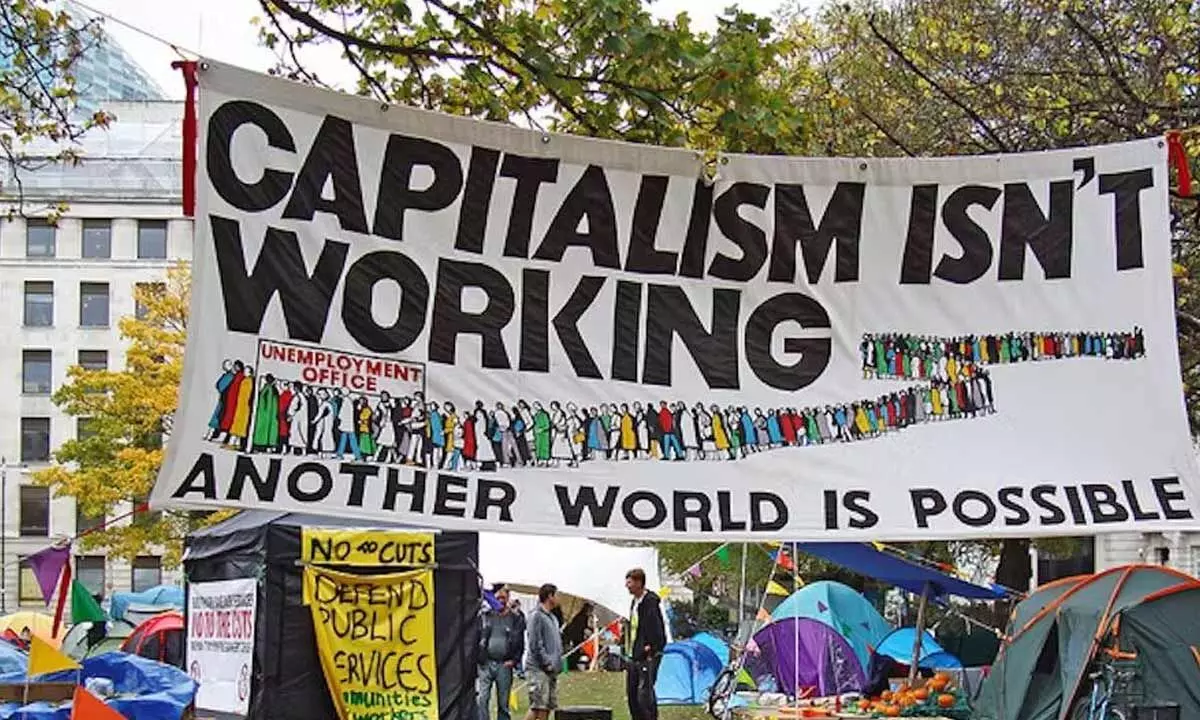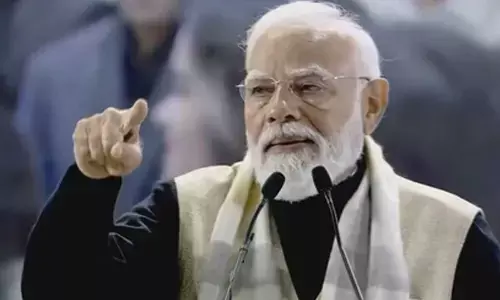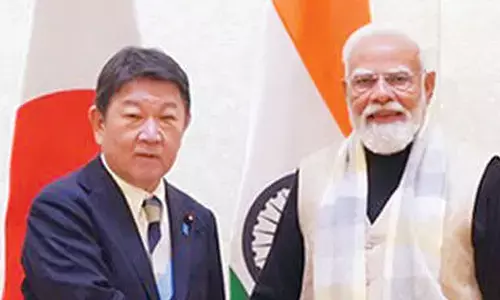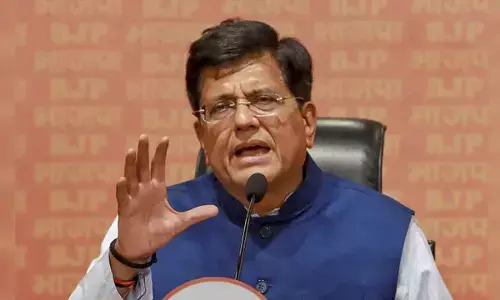A struggle between inclusivity & elitism

The World Economic Forum is seen to primarily uplift those already in power
As the 54th World Economic Forum (WEF) Annual Meeting in Davos draws near, a critical examination is essential to unravel the prolonged impact of these gatherings. While the WEF champions the lofty ideals of global improvement, a closer inspection suggests that the benefits have disproportionately favored high finance consultants and a select group of chief executive officers (CEOs).
The facade of progress often showcased at these meetings fails to address the underlying reality – the WEF primarily uplifts those already in power. Behind closed doors, the exclusive nature of discussions prompts a fundamental question: When will these privileged dialogues extend to include the voices of marginalized and neglected communities, like those in towns such as Jukkal in Telangana?
In particular, the plight of Jukkal constituency in Telangana deserves the attention of the world. Despite the formation of the Telangana state in the year 2014, Jukkal remains one of the poorest and most backward among the 119 constituencies. The people of Jukkal continue to grapple with the exploitation of their fundamental rights and human rights. The socio-economic conditions in Jukkal have seen little or no improvement, and the promises of change from top platforms like Davos meetings have yet to manifest in tangible benefits for the people of such constituencies as Jukkal. It is imperative that the dialogue on inclusive development extends beyond rhetoric to address the specific challenges faced by neglected regions in the countries like India. The 54th Annual Meeting at Davos presents an opportune moment to push for meaningful actions that bring positive change to the lives of those in Jukkal and similar marginalised regions.
Agendas, laden with sociological and anthropological terms, promise the development of marginalised people. However, the true challenge lies in transforming these discussions into inclusive platforms that genuinely address the concerns of the underprivileged. The rhetoric of inclusivity must translate into meaningful actions that bring about positive changes on the ground.
Despite the participation of leaders and governments from countries like India, the outcomes often reveal a mere influx of investments that could have naturally entered the country. The World Economic Forum must shift its focus to include ideas that prioritise neglected and deprived populations, ensuring that the meetings become more than just gatherings of the elite.
The theme of "Rebuilding Trust" at the 54th Annual Meeting is a commendable step, but the emphasis should extend beyond the titles of thematic priorities. The WEF's commitment to achieving security, fostering cooperation, creating growth, and addressing critical issues like AI and climate change is vital. However, the impact must be real, reaching those who need it the most.
The 2024 meeting boasts of the participation of over 100 governments, international organisations, partner companies, civil society leaders, experts, youth, social entrepreneurs, and the media. But does this diverse representation genuinely become a forum for inclusive development?
While the outlined thematic priorities are significant, the World Economic Forum needs a transformation that transcends rhetoric. The real test lies in ensuring that these discussions lead to tangible outcomes that positively affect neglected communities worldwide. The WEF must evolve into a forum with genuine impact on the ground, or risk perpetuating the perception that its themes are mere mockery of the deprived and poor.
In conclusion, the World Economic Forum has the potential to evolve into a catalyst for inclusive development, but this transformation requires a sincere commitment to real outcomes that transcend the limitations of elitism. The time for change is now, and the success of the 54th Annual Meeting hinges on the forum's ability to prioritise the neglected and make a lasting impact on the world.
As Indian leaders prepare to participate in this year's World Economic Forum Annual Meeting, it is crucial for them to approach the event with a cautious and critical mindset. While the WEF boasts about its global impact, the stark reality remains that poorer regions in the global south, including those in India, continue to be neglected.
Rather than being swayed by the allure of fancy meetings and grand rhetoric, Indian leaders should prioritize the genuine needs and concerns of their constituents. It is imperative to demand concrete actions and inclusivity in discussions, ensuring that the outcomes of these meetings translate into meaningful change for the marginalized communities in the country.
Indian leaders should use their platform at Davos to challenge the status quo, advocating for policies and initiatives that address the root causes of poverty and inequality. Emphasizing the importance of inclusive development, they should push for a shift from symbolic gestures to tangible actions that uplift the neglected regions in the global south.
In essence, the advice is to approach the Davos meetings with a discerning eye, holding the WEF accountable for its promises of global impact. Indian leaders have the opportunity to advocate true inclusivity and to ensure that the outcomes of these meetings genuinely improve the state of the world for all, not just the privileged few.
(Writer is MLA, Jukkal Constituency, Telangana)










